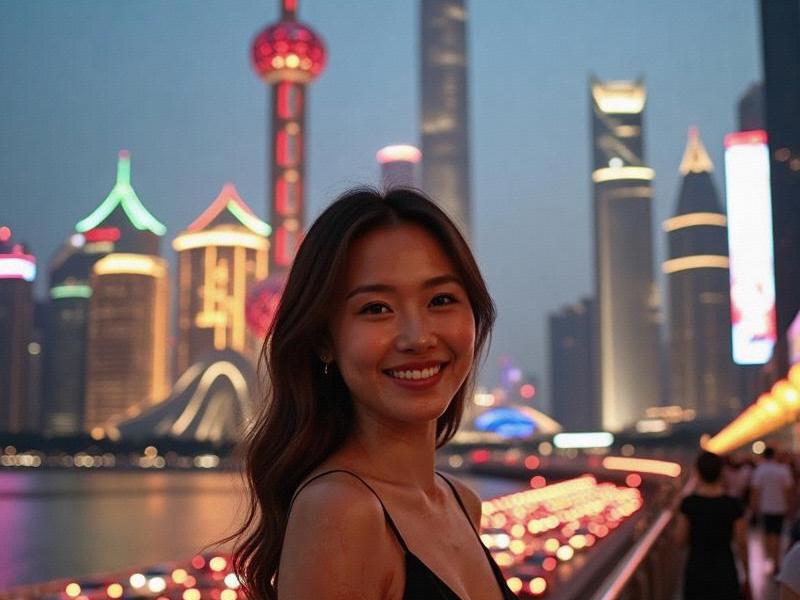This investigative piece explores Shanghai's booming entertainment club scene, examining how premium venues blend Chinese hospitality with global nightlife trends while navigating regulatory challenges.

The glow of Shanghai's nightlife economy shines brighter than ever in 2025, with the city's entertainment venues generating ¥87.6 billion in annual revenue according to municipal commerce bureau statistics. This represents a 34% increase from pre-pandemic levels, fueled by domestic consumption upgrades and the return of international tourism.
At the forefront stands "Cloud 9," the 58th-floor mega-club in the Shanghai Tower that redefined luxury nightlife. Its hybrid model combines a members-only whiskey lounge, EDM dance floor with holographic DJs, and private "sky boxes" featuring automated cocktail dispensers. General Manager Li Weiming explains: "We're not selling alcohol - we're selling exclusive experiences. Our facial recognition entry system ensures privacy for high-net-worth clients."
上海龙凤论坛419 The KTV industry has undergone its own revolution. Chains like "Party World" have transformed into "entertainment complexes," where AI-powered song selection meets augmented reality stages. The new "MetaMic" system in Huangpu District venues analyzes vocal patterns to automatically adjust pitch and echo effects, making every guest sound like a professional singer. Meanwhile, high-end "business KTVs" near Lujiazui cater to corporate clients with soundproofed meeting rooms convertible to karaoke suites.
Regulatory changes have reshaped the industry. The 2024 Nighttime Economic Promotion Ordinance established 24 "nightlife districts" with extended operating hours, while implementing strict ID verification systems citywide. Venues now utilize blockchain-powered purchase records to comply with alcohol sales regulations. "The rules created a more professionalized industry," notes hospitality consultant Emma Zhou. "Gone are the shady backroom operations - today's premium clubs emphasize transparency and premium service."
上海龙凤419会所
Cultural fusion defines Shanghai's entertainment aesthetic. The Bund's "Jazz Age" club revives 1930s Shanghai glamour with live jazz ensembles and period cocktails, while Xintiandi's "Neon Dragon" blends traditional tea ceremonies with laser light shows. This synthesis extends to clientele - where wealthy Chinese millennials mingle with expatriates and international tourists in carefully curated environments.
上海夜网论坛 Staff training reflects the industry's upscaling. The newly established Shanghai Hospitality Institute offers specialized programs in "nightclub management," covering everything from mixology to conflict de-escalation. "Our graduates understand both the 'mianzi' (face) culture of Chinese clients and international service standards," explains Dean Zhang Wei.
As Shanghai positions itself as Asia's nightlife capital, challenges remain. Rising rents have pushed smaller venues to suburbs like Hongqiao, while labor shortages plague the industry. Yet with the municipal government projecting 18% annual growth for the night economy, Shanghai's entertainment venues continue evolving - offering globalized leisure experiences rooted in Chinese social customs.